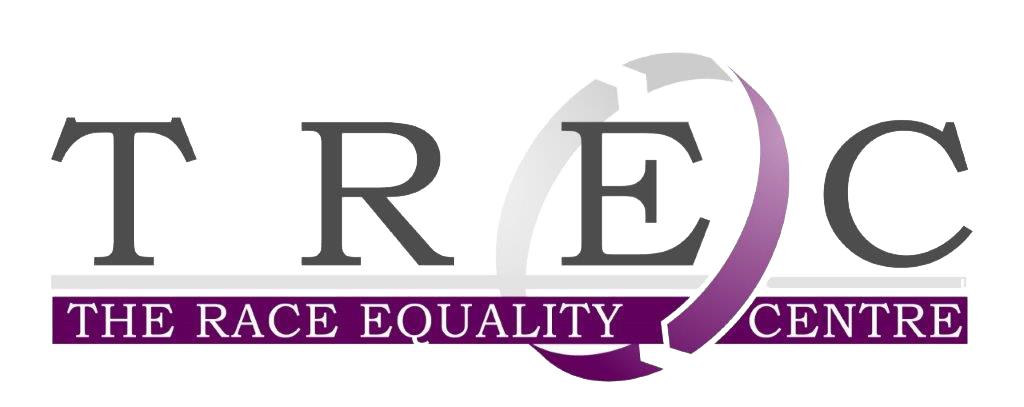The Colour Of Injustice Leicester Conference Executive Summary
EXECUTIVE SUMMARY
The Colour of Injustice (Leicester) Virtual Conference, organised by The Race Equality Centre and sponsored by Leicestershire Police in collaboration with the Stephen Lawrence Resource Centre, StopWatch, London School of Economics, and the Crown Prosecution Service. It was held on 20th April 2021 and was a timely exploration and investigation into concerns regarding Stop Search disproportionality in Leicester and Leicestershire. The conference began with introductory comments by the Conference Chair, Dr Kennetta Hammond Perry, Director of the Stephen Lawrence Research Centre who welcomed attendees and provided insight into the purpose of the conference and its objectives.
The proactive critical intervention of this conference was designed to present solutions and its primary agenda was to:
a) Bring stakeholders and impacted communities together to discuss disproportionalities in policing, drug law and enforcement in so doing, present possible solutions.
b) Recognise and agree meaningful time sensitive actions for all stakeholders to redress the persistent imbalances highlighted.
c) Recognise the shared voices of concerns in this issue and engage in agreed practices to facilitate/contribute to remedies.
The conference made it clear that race is intrinsically associated to the disproportionality in the use of stop/search and the resultant outcomes by Leicestershire Police. All actions following the event are therefore through the lens of changing /challenging the adverse institutional approach to race.
The following action points to be driven through the extension of the Independent 3rd Party Reporting Centre Programme.
Full report is available on TREC’s website.
ACTION POINTS
1. What needs to happen when your son/daughter is being stopped and searched?
a. Empower our youth and teach them their rights. Parents of black children especially black boys to describe to them how to behave if they are stopped/interact with the police.
There is a need to
▪ Teach young people how to defend their rights/know their responsibilities and a concomitant need to build trust.
▪ Develop/deliver resilience programmes on civic responsibility / peer education to communities/education establishments.
▪ Be involved in activities related to community, connected with duties and obligations.
• Empower young people to make a complaint, if they feel that they have been treated unfairly or inappropriately.
Outcome: more communities are knowledgeable about rights and responsibilities.
b. There should be training programmes facilitated for individuals working with young people on young people’s rights & responsibilities for cascading.
Outcome: young people are engaged in informal education on their rights and
responsibilities.
c. There is a need to embark on exercises with the police based on values of decency and dignity.
Outcome: Start point of building blocks to improve community relations.
2. What does the Crown Prosecution Service, Police, Independent Office of Police Conduct, Police & Crime Commissioner need to do to stop disproportionality and deliver equitable services?
a. Protocols for bodycam to be reviewed in collaboration with communities.
Outcome: Visible and ongoing evidence highlighting practice change.
b. Need to invest in additional training which reflects contemporary cultural sensitivities and lived experiences of communities impacted by disproportionate stop/search.
c. Identification from past/current data of the equality impact of ‘operations’ and the unintended disproportionality in outcomes.
Outcome: Reciprocal dismantling of ingrained fear.
d. There is a need for policy review and external overview, to include broader
conversations with the CPS/police identifying points at which they can collectively address race disproportionality.
Outcome: greater appreciation of the of areas of responsibility in preventing the escalation of race disproportionality in the Criminal Justice System, leading to visible joint efforts to respond to disproportionality.
e. There is a need for extension of the debate and pursuant actions into other areas of the Criminal Justice System, i.e., YOS/Probation. This invokes the possibility of using the iatrogenesis approach to address institutional racism, as described by Prof Mike Shiner. This approach is used in the medical profession and is defined as any injury or illness that occurs because of medical care. An iatrogenic condition is a state of ill health or adverse effect caused by medical treatment; usually resulting from a mistake made in diagnosis or treatment.
Outcome: less time spent on deliberating the term(s) in current parlance and more time on activity to address the outcome of the institutionalised impact of the action.
3. What is required (resources) within families and communities to keep challenging this disproportionality?
a. There are very few complaints about misuse/inappropriate use of stop/search powers.
b. Given the trauma suffered in the stop and search exercise, young people need the appropriate tools to look after themselves.
c. There is need for greater use of restorative justice, with an ongoing review of how it is being implemented.
d. There is a need to include young people fully in the debate and future planning through a co-design and delivery of a Colour of Injustice exercise with young people around stop and search.
TREC Handles:
Twitter: @TRECLeicester
Website: www.trec.org.uk
Partner Handles:
Lloyds Bank Foundation: @LBFEW
The Stephen Lawrence Research Centre: @SLRC_DMU
Leicester and Leicestershire Police: @LeicsPolice
The Crown Prosecution Service: @CPSUK
Stopwatch: @stopwatchuk
Partners:
The Race Equality Centre (TREC)
Stephen Lawrence Resource Centre
Leicestershire Police
Stopwatch
Office of the Police & Crime Commissioner
London School of Economics
Crown Prosecution Service
The conference concluded with a commitment to move the process of review and analysis forward. To ensure positive outcomes by reversing the reality of racial disproportionality in the criminal justice system. To assist in facilitating a more just society and an end to discriminatory practices by the police and other stakeholders in the Criminal Justice System.
The recommendations and actions to be monitored and progressed at the Coercive Powers Scrutiny Group.




